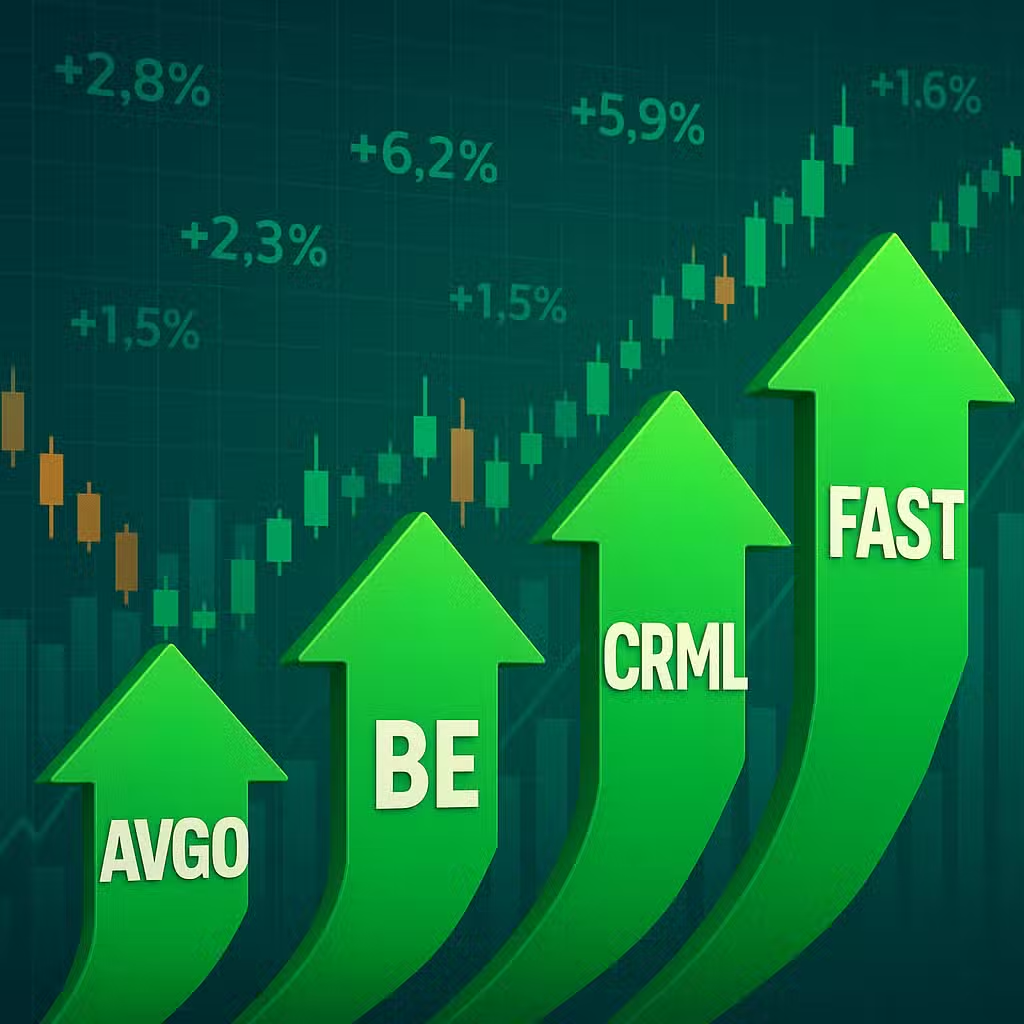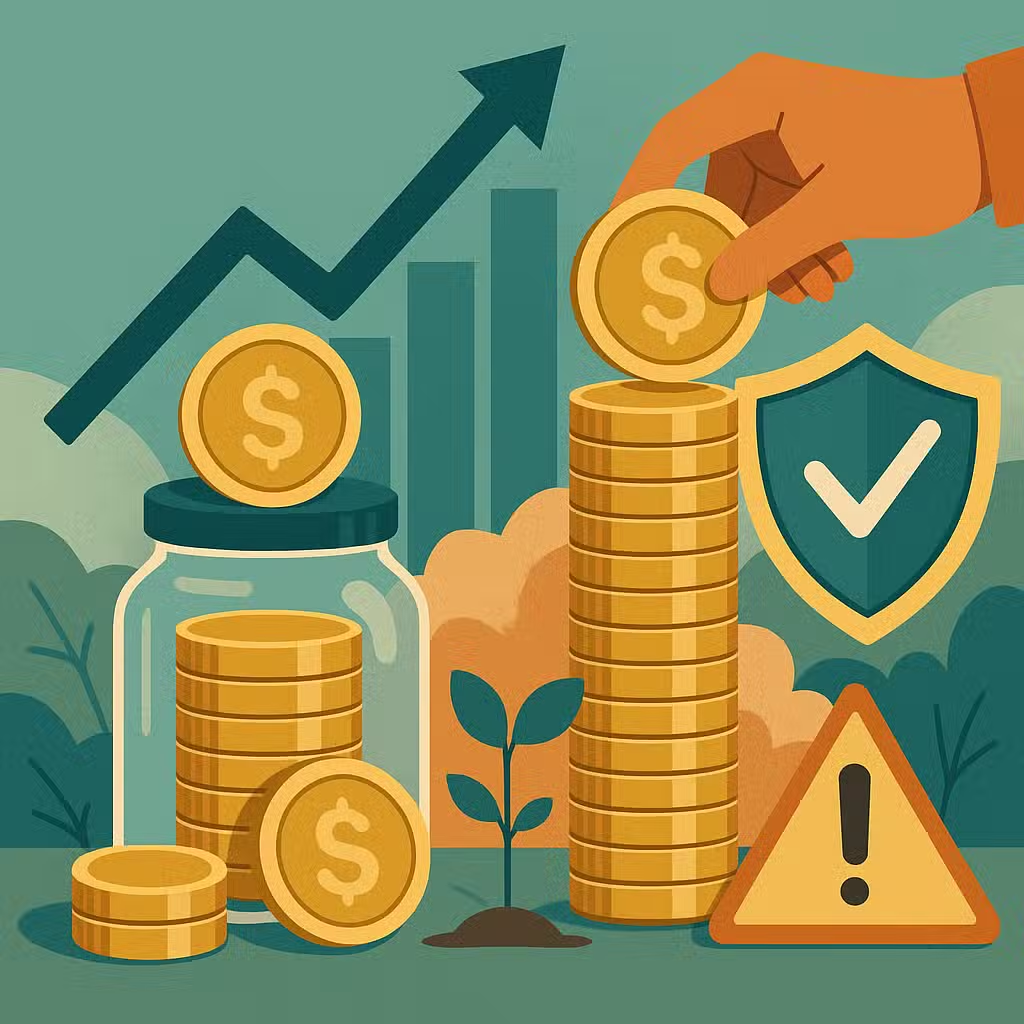Key Warning Signs Investors Should Know When Choosing a Financial Advisor for Long-Term Success
Picking a financial advisor is a lot like choosing someone to help you build a house—you want someone you can trust, who knows what they’re doing, and who listens to what you need, not just what they want to sell you.
Why This Matters for Investors
Finding the right financial advisor can make a big difference in how your money grows and how safe your investments are. If you work with someone who isn’t right for you, your portfolio could suffer, or you could end up paying too much in fees.
According to a study by Vanguard, working with a good advisor can add about 3% more to your investment returns every year (source).
Green Flags: What Makes a Good Advisor?
- Credentials: Look for advisors with proper licenses and certifications, like a Certified Financial Planner (CFP). These credentials mean they’ve met high standards and have to act in your best interest.
- Transparency: A good advisor is clear about how they get paid and what you will pay. They should be able to explain their fees quickly and simply.
- Personal Connection: You should feel comfortable with your advisor. They should ask questions about your life, your goals, and what matters most to you.
- Planning First: The best advisors focus on your overall financial plan before talking about specific products or investments.
Red Flags: Watch Out for These Signs
- Shady Credentials: If an advisor can’t show you their certifications or seems unwilling to talk about their background, that’s a problem. You can check their history on sites like the FINRA BrokerCheck or the CFP Board.
- Lack of Transparency: If they dodge questions about how they get paid, or their fee structure is confusing, be careful. Hidden fees can eat into your returns over time.
- No Personal Interest: If the advisor talks more about themselves or their products than about you and your goals, it’s a warning sign. You want someone who listens.
- Product Pushing: If someone tries to sell you a product right away without understanding your needs, they might care more about their commission than your financial health.
- Pressure Tactics: If you feel rushed to make a decision, step back. High-pressure sales can be a sign of bad advice or even fraud.
Bulls vs. Bears: The Pros and Cons
- Bull Case (Pros):
- Working with a qualified, trustworthy advisor can help you meet your goals faster.
- They can help you avoid common mistakes and stick to your plan when markets are bumpy.
- Advisors can spot opportunities you might miss on your own.
- Bear Case (Cons):
- Some advisors charge high fees that can cut into your returns.
- Not all advisors are required to put your interests first—some may sell products that pay them more, not help you more.
- If you don’t check their background, you could end up with someone untrustworthy.
Investor Takeaway
- Always check an advisor’s credentials and background before you hire them. Use tools like FINRA BrokerCheck and the CFP Board.
- Ask clear questions about how they get paid and make sure you understand all fees.
- Look for someone who listens to you and asks about your goals—not just someone selling products.
- Don’t let anyone pressure you into making fast decisions about your money.
- Remember, a good advisor is like a good teammate—they help you win, not just play the game.
For the full original report, see CNBC







